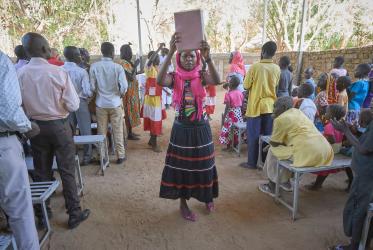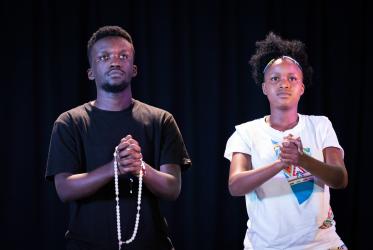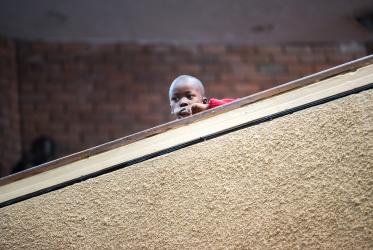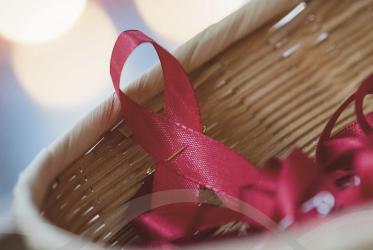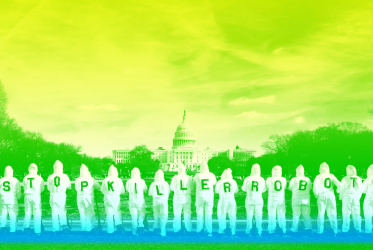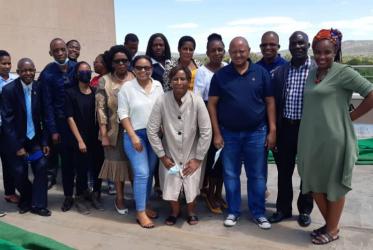Displaying 101 - 120 of 830
Seven Weeks for Water campaign pre-launched with prayer service
28 February 2022
"Out of the Shadows" toolkit now available in French and Spanish
20 January 2022
World mourns loss of Archbishop Desmond Tutu
30 December 2021
